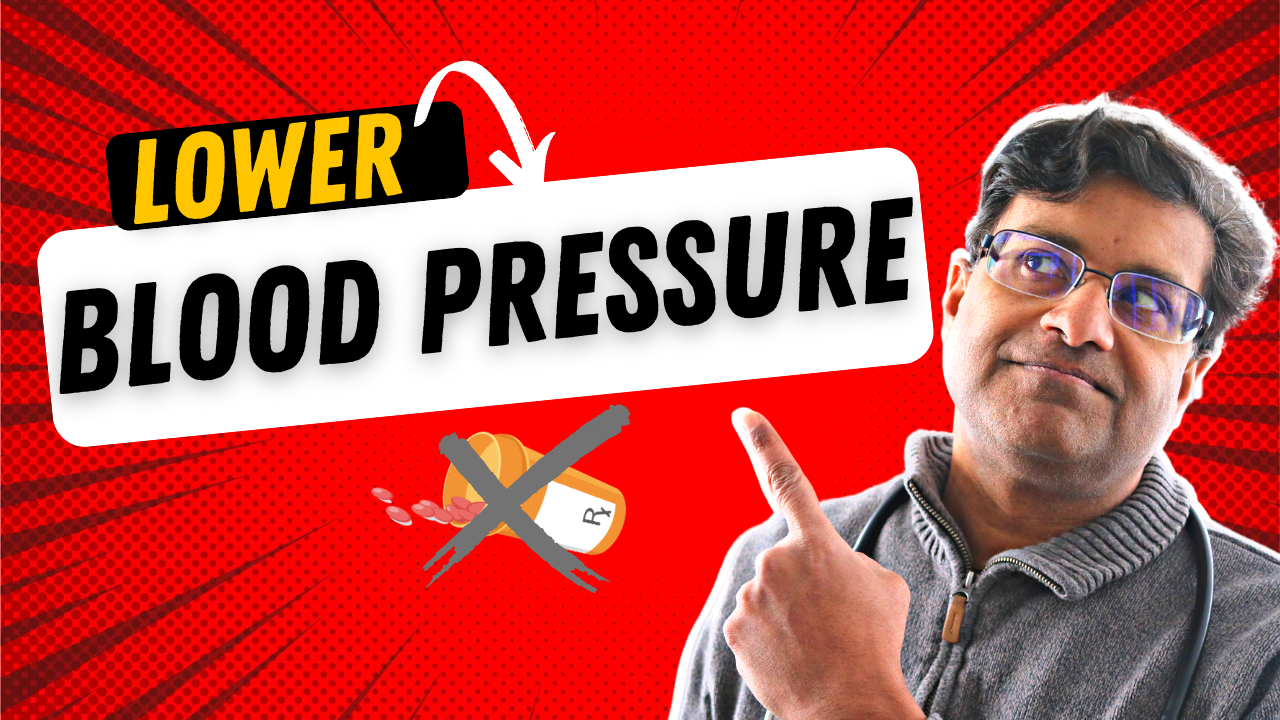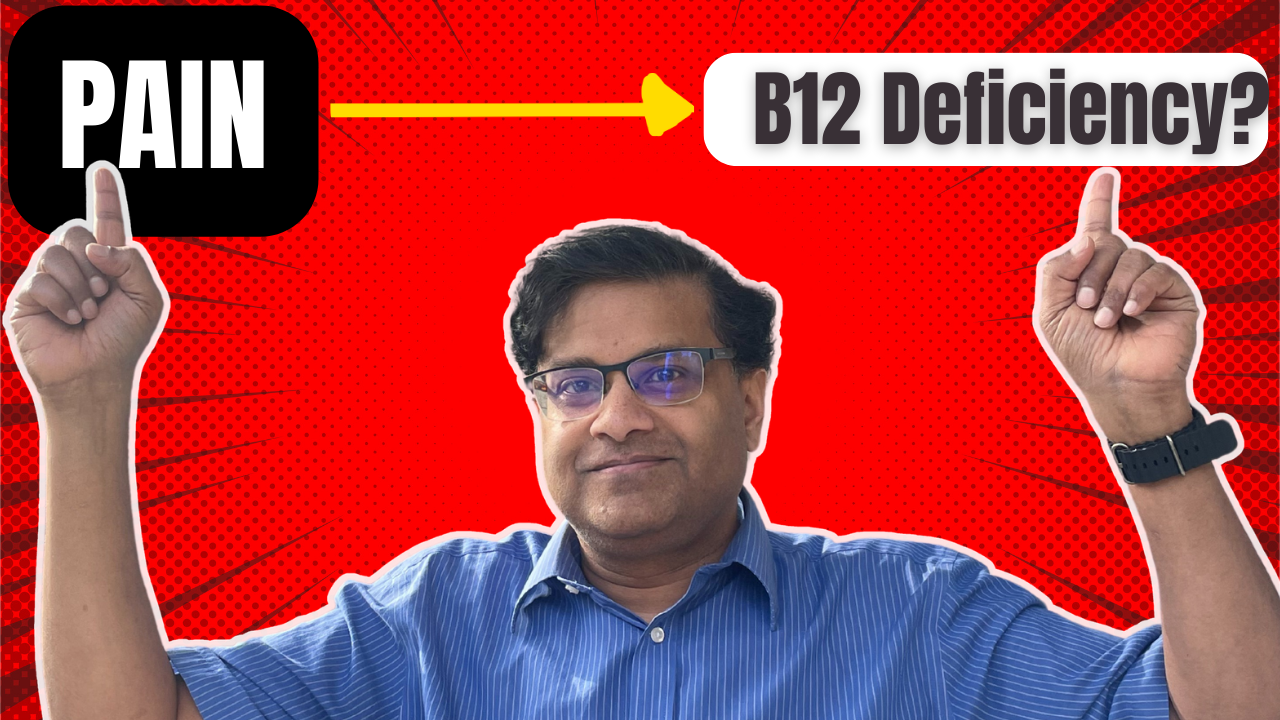Do you suffer from high blood pressure?
Are you tired of constantly relying on medications to keep it under control?
In this article we’ll be sharing 7 natural and effective ways to lower your blood pressure quickly and easily at home.
Imagine your blood pressure as a balloon that’s being inflated. Every time you eat unhealthy, foods, drink too much alcohol or become stressed, the balloon inflates a little more. And, just like a balloon if it inflates it too much it could go pop. But don’t worry just as you can let the air out of a balloon you can also deflate your blood pressure through simple lifestyle changes.
Tip #1:
 Relaxation techniques, such as yoga and meditation, can be compared to waves against the shore when it comes to lowering blood pressure. Just as waves crushed against the shore eventually recede, stress and anxiety can cause a temporary spike in blood pressure. But with the use of relaxation techniques, you can calm the waves of stress and anxiety in your body and lower your blood pressure.
Relaxation techniques, such as yoga and meditation, can be compared to waves against the shore when it comes to lowering blood pressure. Just as waves crushed against the shore eventually recede, stress and anxiety can cause a temporary spike in blood pressure. But with the use of relaxation techniques, you can calm the waves of stress and anxiety in your body and lower your blood pressure.
For example, yoga and meditation can be like a peaceful and gentle wave that slowly and calmly reaches the shore. It helps to relax the mind and body, releasing tension and reducing the activity of the sympathetic nervous system, which is responsible for the fight or flight response. This can lower blood pressure and improve overall cardiovascular health.
Similarly, deep breathing exercises can be like a steady and consistent wave that gradually reaches the shore, bringing a sense of calm and balance to the body. This can help to lower blood pressure by slowing the heart rate and relaxing blood vessels.
Incorporating relaxation techniques in your daily routine can be like building a barrier against waves of stress and anxiety, helping to protect your cardiovascular health and lower your blood pressure naturally.
Tip #2:
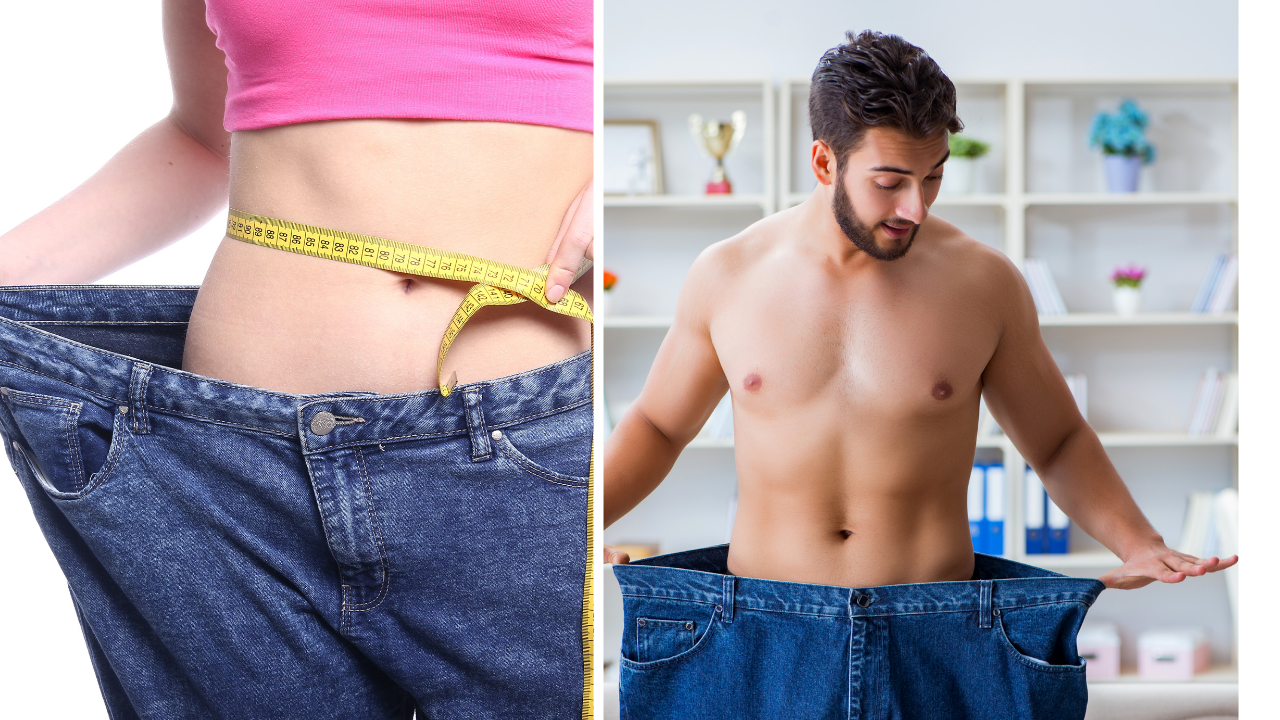 Losing weight can be compared to “unkinking” a garden hose when it comes to lowering blood pressure. Just as a kink in a garden hose can impede the flow of water, excess weight gain can impede the flow of blood in the body, leading to a higher blood pressure. By losing weight, you are “unkinking” the hose and allowing blood to flow more freely, leading to a lower blood pressure.
Losing weight can be compared to “unkinking” a garden hose when it comes to lowering blood pressure. Just as a kink in a garden hose can impede the flow of water, excess weight gain can impede the flow of blood in the body, leading to a higher blood pressure. By losing weight, you are “unkinking” the hose and allowing blood to flow more freely, leading to a lower blood pressure.
For example, excess weight can put extra pressure on the heart, making it work harder to pump blood. This is like a kink in the garden hose and makes the water flow less efficiently. By losing weight and reducing this extra pressure, you are allowing the heart to work more efficiently, similar to “unkinking” the garden hose and allowing the water to flow freely.
Additionally, excess weight can lead to insulin resistance and inflammation in the body, which can also contribute to high blood pressure. By losing weight, you can improve insulin sensitivity and reduce inflammation, which can also help to lower blood pressure.
Just like how “unkinking “a garden hose can improve water flow, losing weight can improve blood flow, leading to a lower blood pressure and better overall cardiovascular health.
Tip #3:
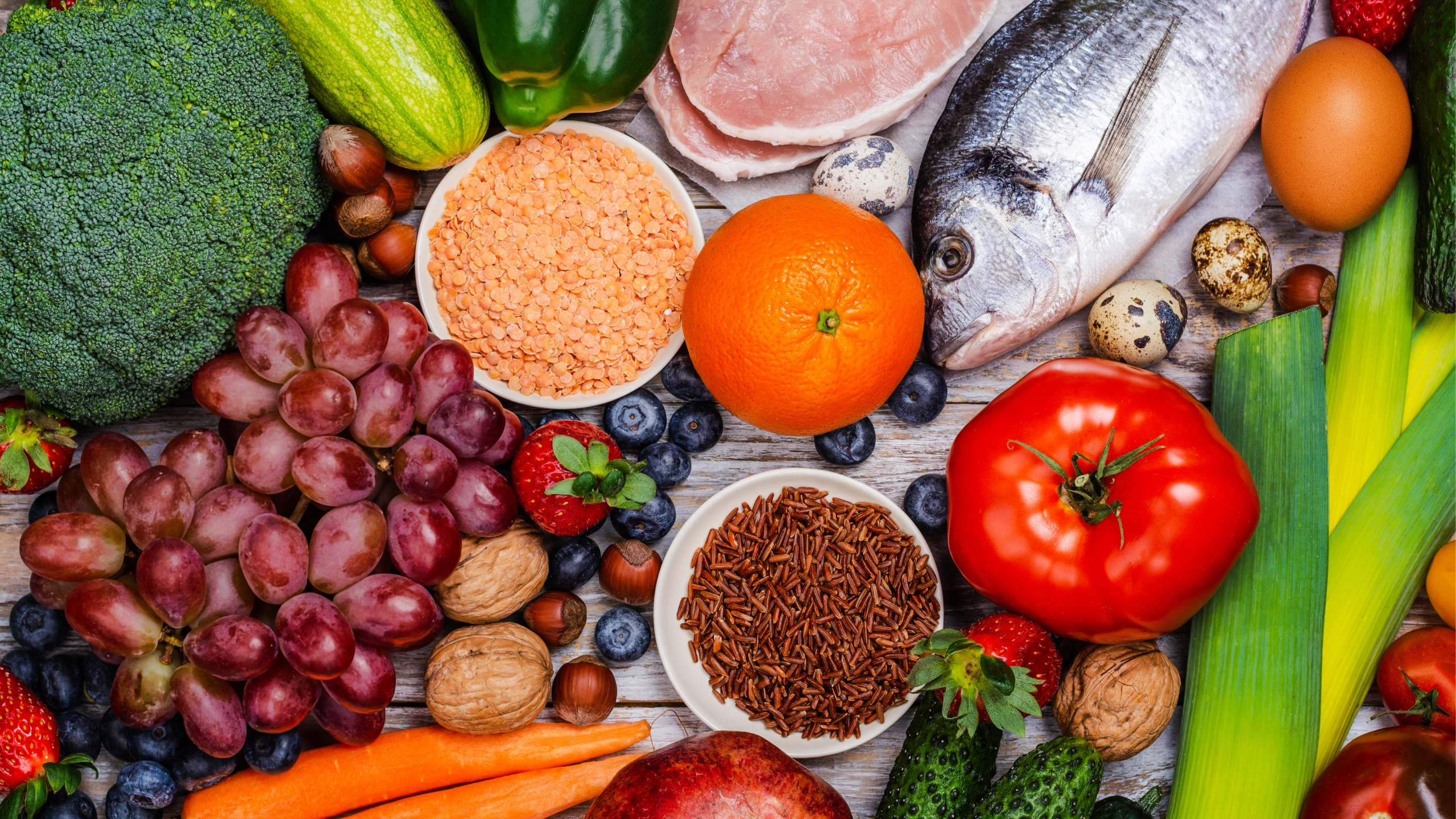 Eating a healthy diet can also help to lower blood pressure. Imagine you diet as the fuel you put into your car. If you put in low quality fuel your car will not run well. The same goes for your body. Eating a diet rich in fruits vegetables and lean protein can help to keep your body running smoothly and your blood pressure in check. A diet that is low in soft saturated fat and added sugars can also help to lower blood pressure. The DASH diet which stands for dietary approaches to stop hypertension, is a great example of a diet that is specifically designed to lower blood pressure.
Eating a healthy diet can also help to lower blood pressure. Imagine you diet as the fuel you put into your car. If you put in low quality fuel your car will not run well. The same goes for your body. Eating a diet rich in fruits vegetables and lean protein can help to keep your body running smoothly and your blood pressure in check. A diet that is low in soft saturated fat and added sugars can also help to lower blood pressure. The DASH diet which stands for dietary approaches to stop hypertension, is a great example of a diet that is specifically designed to lower blood pressure.
Tip #4:
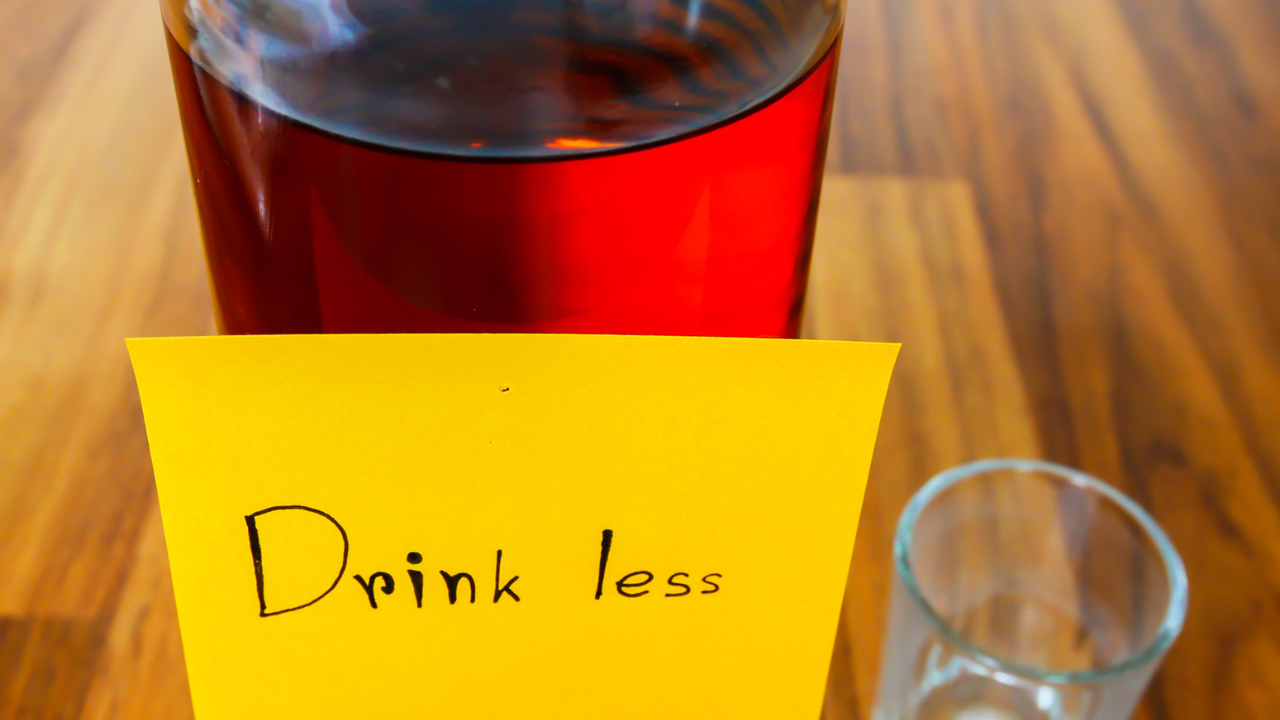 Limiting your intake of alcohol and caffeine can also help to lower blood pressure. Imagine these substances as speed bumps on the road of your blood vessels. Too much of them can slow down or disrupt the flow of blood, causing your blood pressure to spike.
Limiting your intake of alcohol and caffeine can also help to lower blood pressure. Imagine these substances as speed bumps on the road of your blood vessels. Too much of them can slow down or disrupt the flow of blood, causing your blood pressure to spike.
Limiting your alcohol intake to one drink per day for women and two drinks per day for men can help to lower blood pressure. Caffeine can also cause a temporary spike in blood pressure, so it’s best to limit your caffeine intake to no more than 200 milligrams per day, which is about the amount in one Cup of coffee
#Tip 5:
 Getting regular exercise can also help to lower blood pressure. Imagine your body as a machine, regular exercise is like oiling the gears and keeping everything running smoothly. Exercise can help your lower blood pressure by improving your cardiovascular fitness, which makes it easier for your heart to pump blood through your body. Aim for at least 30 minutes of moderate to intensity exercise such as brisk walking cycling or swimming on most days of the week.
Getting regular exercise can also help to lower blood pressure. Imagine your body as a machine, regular exercise is like oiling the gears and keeping everything running smoothly. Exercise can help your lower blood pressure by improving your cardiovascular fitness, which makes it easier for your heart to pump blood through your body. Aim for at least 30 minutes of moderate to intensity exercise such as brisk walking cycling or swimming on most days of the week.
Just like how a well run machine can improve performance and efficiency, regular exercise can improve the overall function and efficiency of the cardiovascular system, leading to lower blood pressure and improved overall health.
#Tip 6:
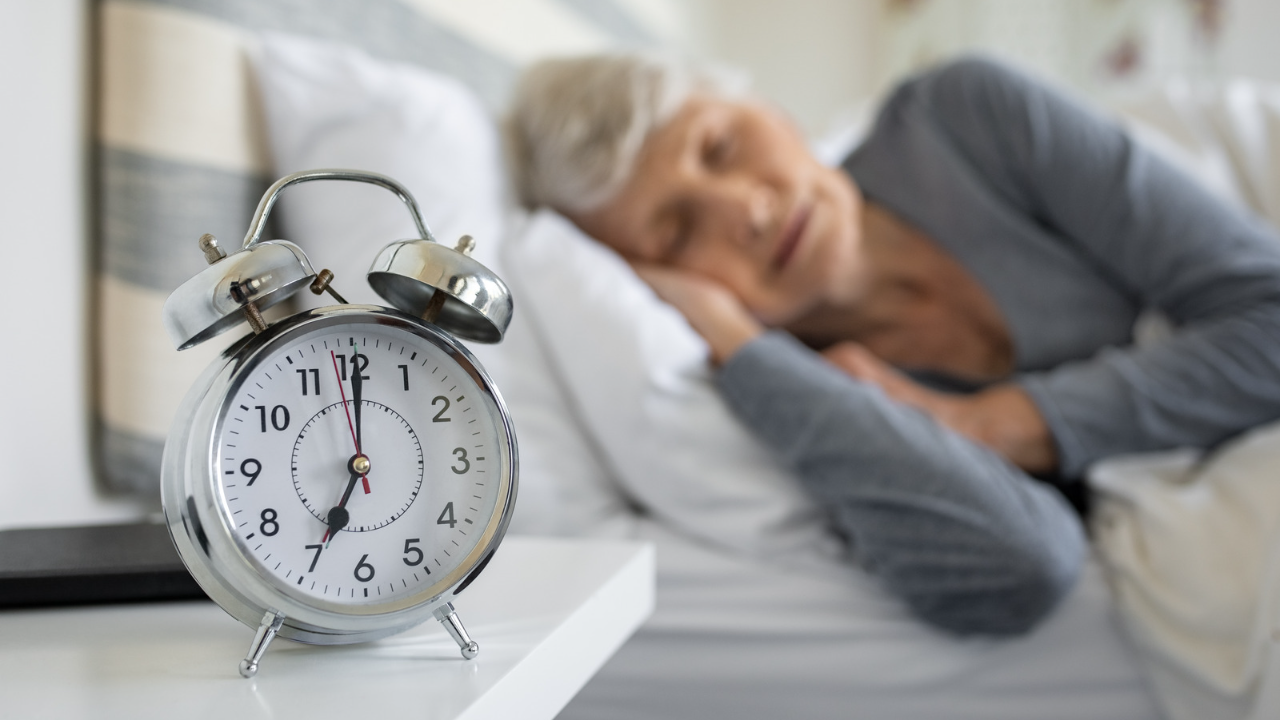
Try to get enough sleep. A lack of sleep can cause an increase in blood pressure. Imagine your body as a battery, just like a battery needs to be recharged, your body needs to be recharged through sleep. Aim for 7 to 8 hours of sleep per night and try to maintain a consistent sleep schedule. Avoiding electronic devices for at least an hour before bed can also help to improve the quality of your sleep.
#Tip 7:
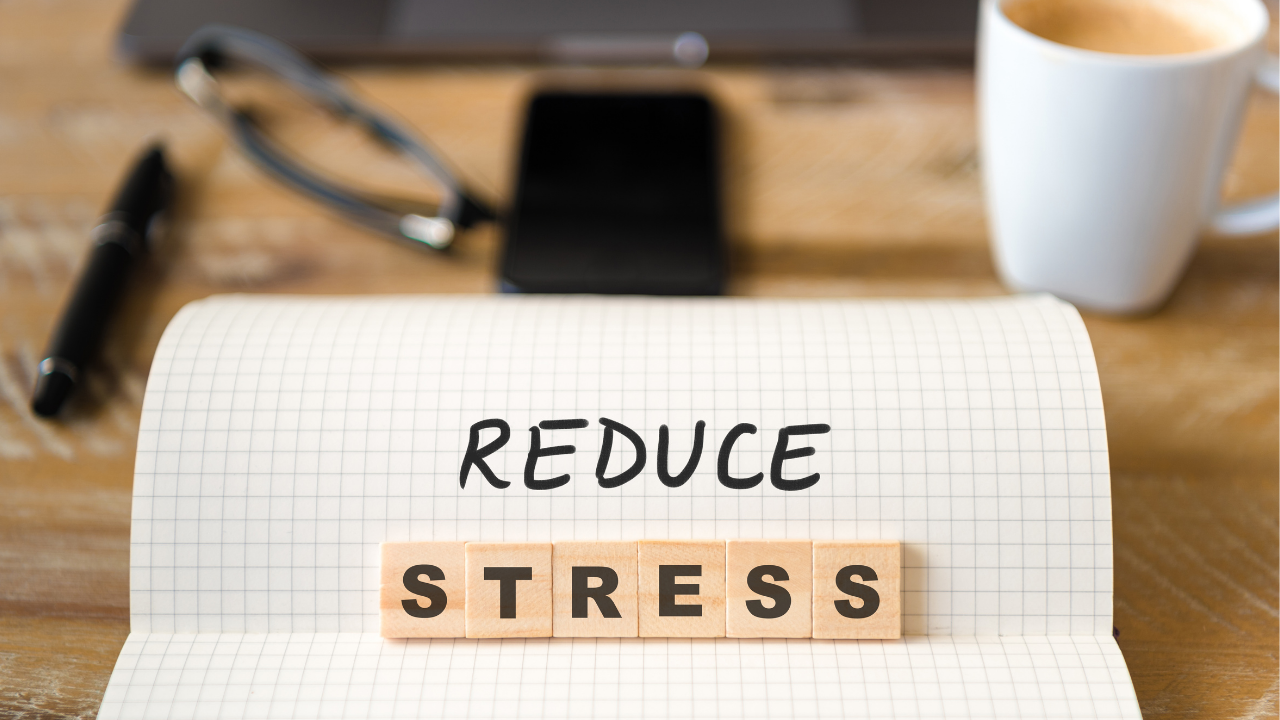
Stress reduction can be compared to throwing stones one by one when it comes to lowering blood pressure just as throwing stones one by one can slowly erode a rock formation reducing stress can slowly but surely lower blood pressure.
For example, when we are under stress our body activates the fight or flight response, which leads to the release of stress hormones such as adrenaline and cortisol. The “fight or flight response” is a natural reaction that our body has to stress. It’s like an alarm system that goes off when we feel threatened or are under pressure. When this happens, our body releases hormones such as adrenaline and cortisol which can cause an increase in heart rate, constriction of blood vessels, and other physiological changes that can lead to higher blood pressure.
When we are overworked, a body may perceive this as a threat and activate the “fight or flight response”. As a result, our body releases stress hormones like adrenaline and cortisol. This can happen when we are overworked and when we are dealing with long-term stress.
Think of it like this, imagine your machine and you’re working too much, you’re overworking yourself, and this machine is getting too hot and is not running as smoothly as it should. The same thing happens in our body, when we’re all working, our body work our body is working hard and the hormones are not being balanced as a result our blood pressure increases.
It is important to remember that stress management and taking care of ourselves can help to prevent our body from overreacting your stress and keep our blood pressure under control.
Bonus tip:
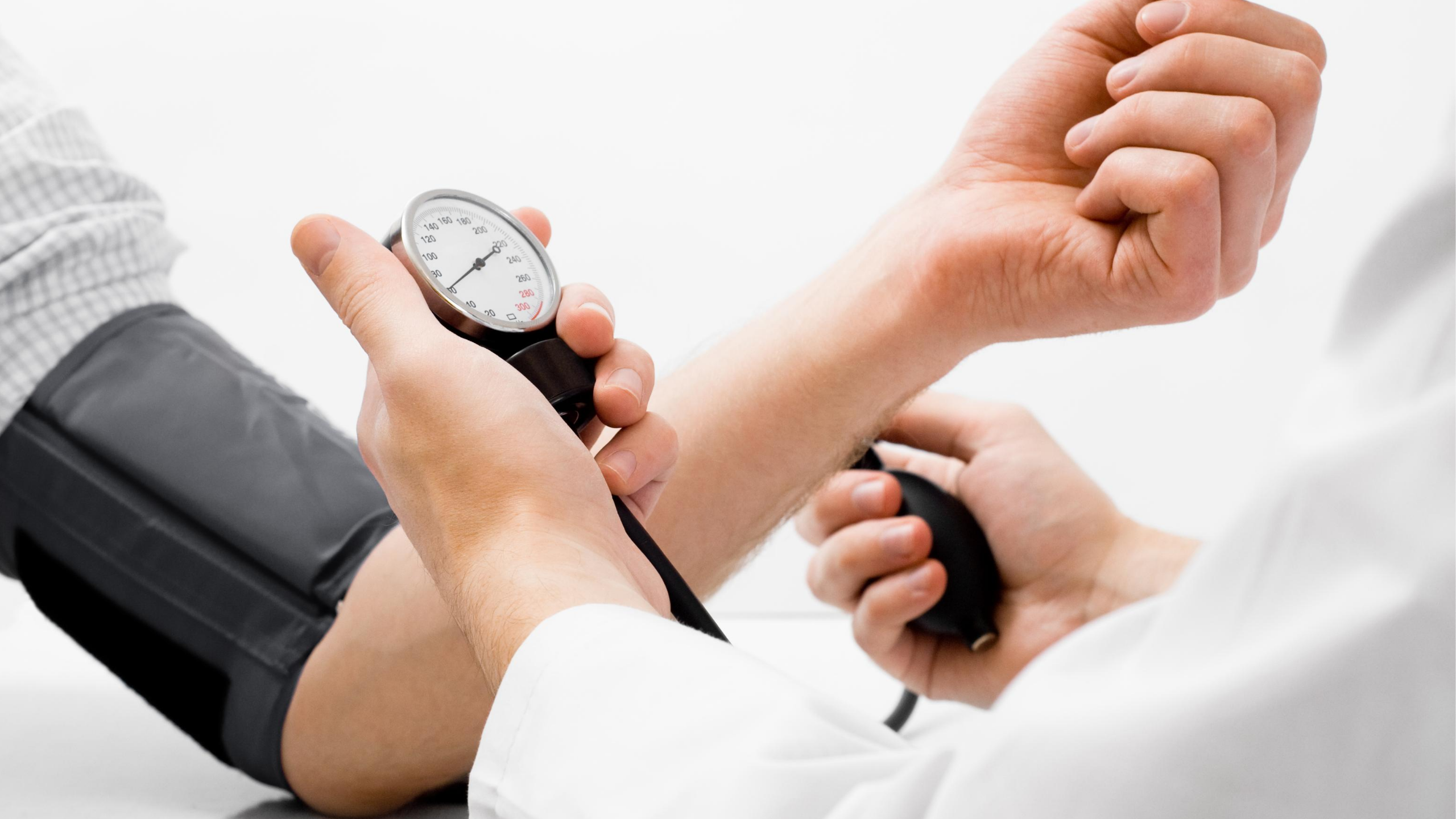
Monitor your blood pressure. Monitoring your blood pressure at home can be like a personal detective for your health helping you identify any changes and allow you to take action quickly.
Blood pressure can be controlled with lifestyle changes and natural remedies by consistently incorporating these tips into your daily routine you can lower your blood pressures quickly and easily at home remember to talk to your healthcare provider for more personalized advice and recommendations
If you’re interested in the YT video, click right here.
Have a good day and Think your health
Sources:
https://www.cdc.gov/dhdsp/healthy_eating_kit.htm
https://www.cdc.gov/bloodpressure/index.htm



